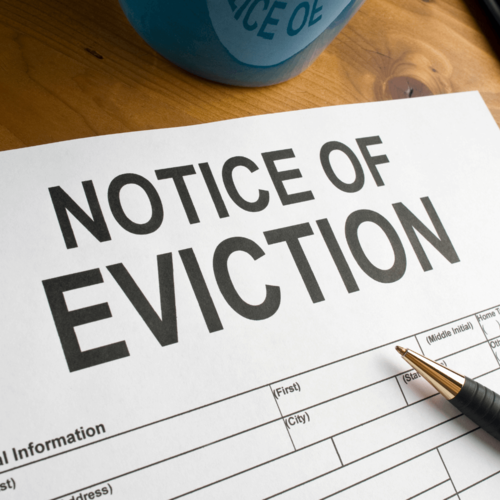Steps to Secure Court Confirmation for Selling a Probate Property in California
To understand how to get court approval for a probate house sale, you need to know what the court expects and prepare in advance. From filing petitions and notifying beneficiaries to presenting documents in court, each step ensures the sale is legal and fair. Within this guide, you'll learn how to complete the process smoothly while respecting the estate and protecting everyone’s interests.
Key Takeaways
- File a petition with the estate’s value and proposed sale price
- Include essential documents like appraisals and consent forms
- Notify beneficiaries to maintain transparency
- Attend the court hearing and respond to objections
- Close the sale and distribute proceeds fairly
What Is Probate and Why Does Court Approval Matter

Probate is the legal process used to settle a deceased person’s estate. When selling a house that’s part of the estate, court approval is often required, especially if the will doesn’t give direct authority to the executor. Obtaining court approval helps confirm that the sale is valid, protects the heirs, and ensures the transaction complies with California probate court requirements.
The Executor’s Role in Getting Court Approval
Understanding Executor Duties
As the executor, you're responsible for handling the estate. Your duties include:
- Paying debts and taxes
- Managing the estate’s property
- Distributing assets to heirs
- Securing court approval for significant decisions, like selling a house
It’s a big responsibility, but understanding each step makes it more manageable.
Preparing the Property for Sale

Clean and Declutter First
Start by removing personal items, deep cleaning the home, and staging it simply. A clean house helps buyers see the property’s value.
Make Necessary Repairs
Fix leaks, broken windows, and outdated features. Minor updates, such as fresh paint or updated lighting, can boost the sale price.
Valuing the Estate with a Home Appraisal
You can’t move forward without knowing the home’s value. Get a licensed appraiser to provide a detailed report. You’ll include this in your court petition.
Popular methods to determine value include:
- Comparative Market Analysis (CMA)
- Professional appraisal
- Income-based valuation (for rental properties)
Accurate estate appraisal is a key part of how to get court approval for a probate house sale. For a deeper dive into the probate home-selling process in California, check out this helpful guide on how probate sales work.
Filing the Petition for Court Approval

This is the heart of the process. Your petition must include:
- The estate’s total value
- The proposed sale price of the house
- The appraisal report
- Any signed consent forms
Use the court’s specific petition format, and double-check all attachments before filing.
Notify Beneficiaries and Interested Parties
Notifying all interested parties is required before the court hearing. This step includes:
- Heirs and beneficiaries
- Creditors
- Anyone listed in the will
How to Notify Beneficiaries
- Send written notices
- Explain the reason for the sale
- Share details like price and timing
- Keep copies of all communication for court records
Transparency builds trust and prevents disputes later.
If you're dealing with family issues during probate, this video on What Happens When One Sibling Won't Sell an Inherited House can provide helpful insights.
Attend the Court Hearing

This is when the judge will review your petition and decide whether to approve the sale.
What to Bring
- Death certificate
- Appraisal documents
- Signed sale agreement
- Inventory of estate assets
Presenting Your Case Clearly
Be prepared to explain:
- Why the house must be sold
- How the price reflects fair market value
- That all parties were notified properly
Respond calmly to objections and bring supporting documents to back up your case.
Close the Sale and Distribute the Proceeds
Once the court approves the sale, you can move forward with closing.

Final Steps
- Finalize the real estate transaction
- Submit a final accounting to the court
- Distribute proceeds based on the will or state law
Must-Read Alert: While you're here, you might want to check out How to Sell Probate Property in California. It’s gaining serious traction.
Additionally, if the probate property is located in Northern California, we offer expert assistance in areas such as Vacaville, CA.
Conclusion
Knowing how to get court approval for a probate house sale can make an otherwise complicated process feel more manageable. From valuing the property and filing a petition to notifying heirs and attending court, every step ensures fairness and legal compliance. Once you secure court approval, you’ll be able to close the sale confidently and distribute the proceeds with peace of mind.





